50+ Sample Marketing Roadmaps
-
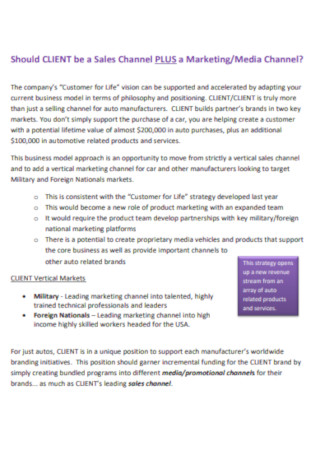
Sample Strategic Marketing Roadmap
download now -
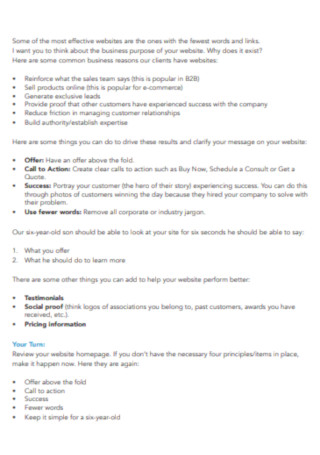
Remarkable Marketing Roadmap
download now -
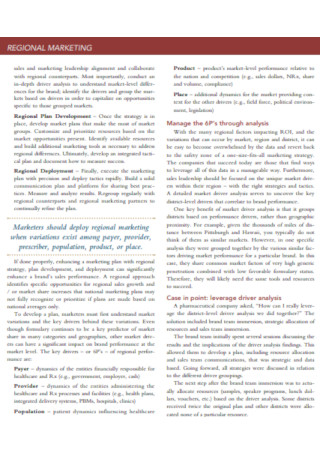
Regional Marketing Roadmap
download now -
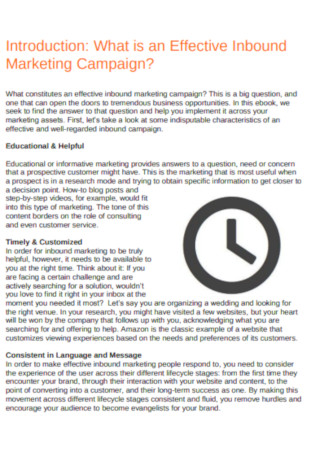
Essential Inbound Marketing Roadmap Template
download now -
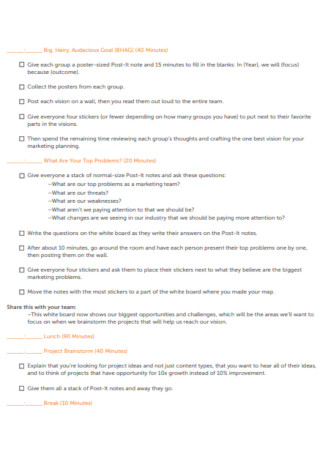
Marketing Roadmap Summit Meeting Agenda Template
download now -
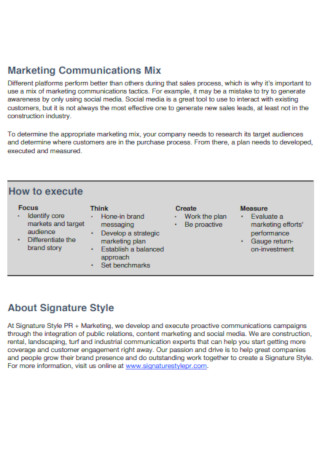
Marketing Communications Roadmap Template
download now -
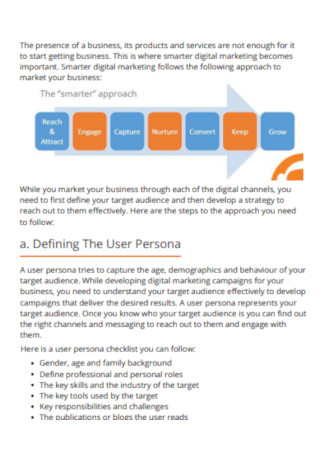
Digital Marketing Roadmap
download now -
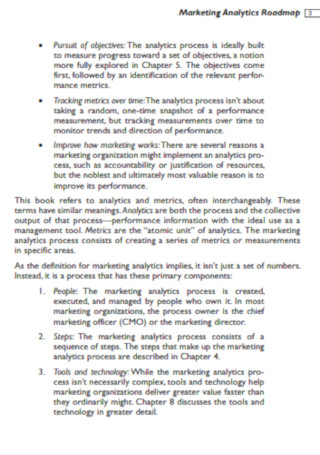
Marketing Analytics Roadmap
download now -
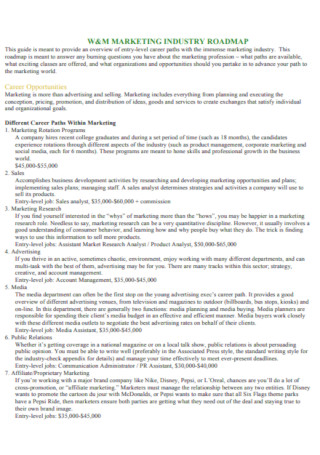
Marketing Industry Roadmap Template
download now -
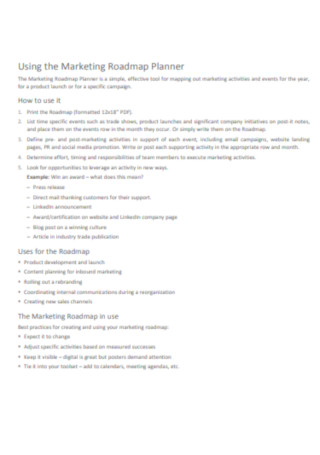
Marketing Roadmap Planner Template
download now -
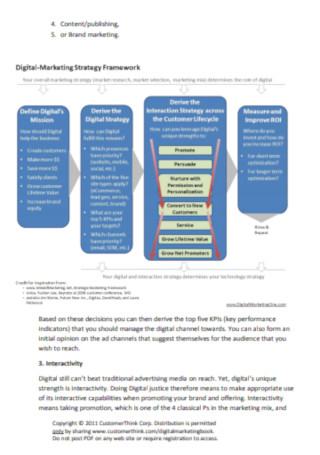
Digital Strategic Marketing Roadmap Template
download now -
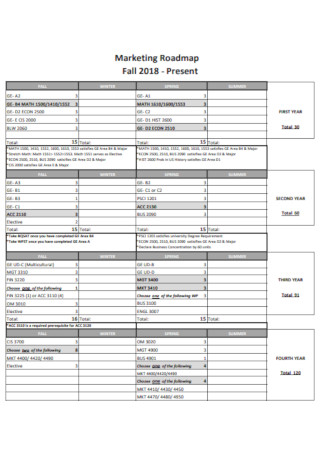
Present Marketing Roadmap Template
download now -
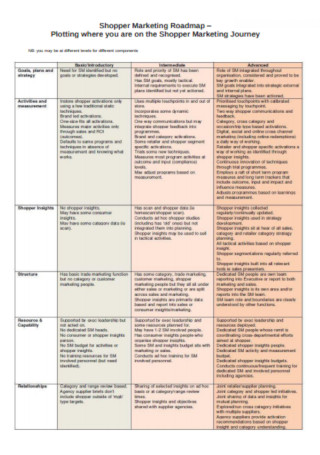
Shopper Marketing Roadmap
download now -
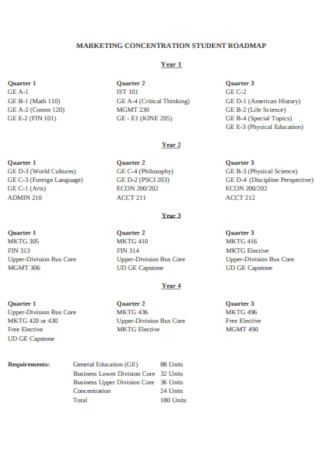
marketing Concentration Student Roadmap Template
download now -
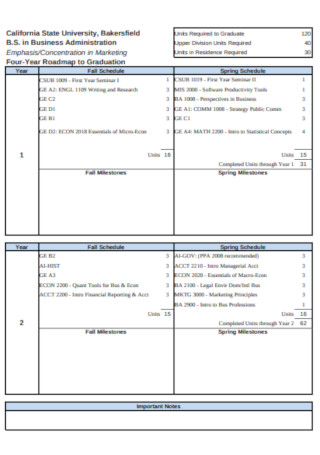
Sample Business Marketing Roadmap Template
download now -
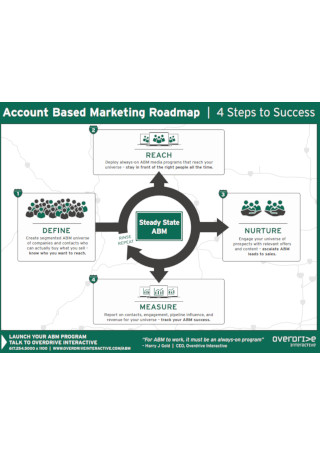
Sample Account Based Marketing Roadmap Template
download now -
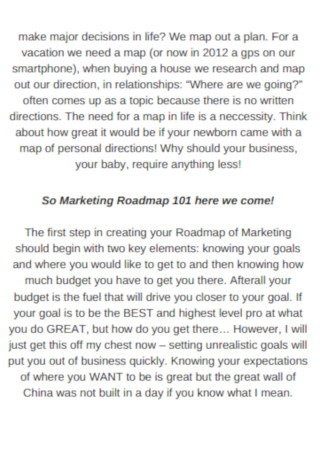
Standard Marketing Roadmap
download now -
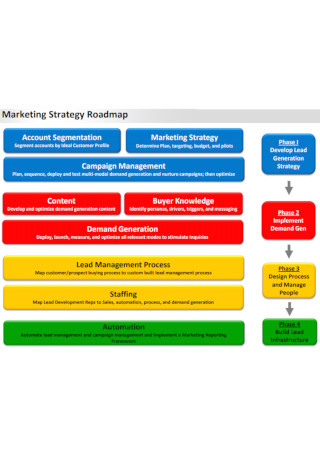
Marketing Strategy Roadmap
download now -
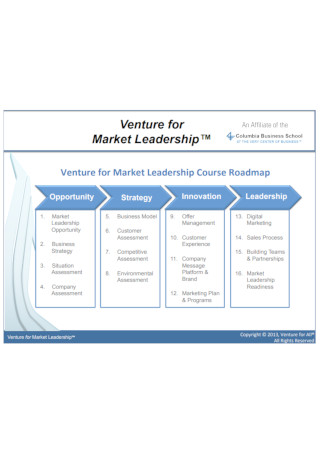
Venture for Market Leadership Course Roadmap Template
download now -
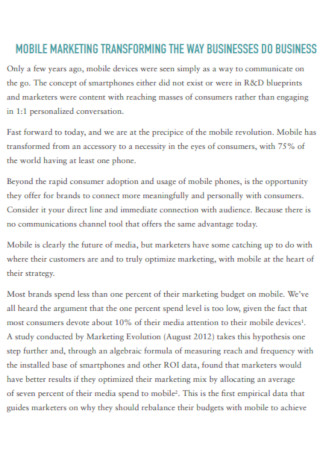
Mobile Marketing Roadmap Template
download now -
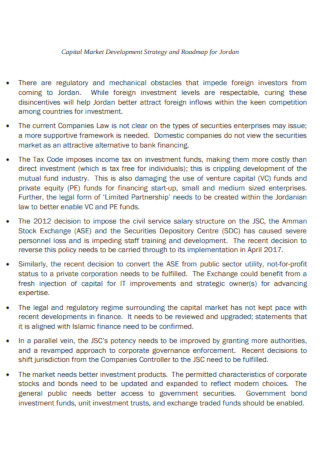
Capital Market Development Strategy and Roadmap Template
download now -
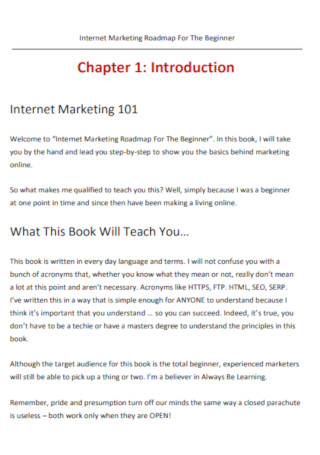
Internet Marketing Roadmap For The Beginner
download now -
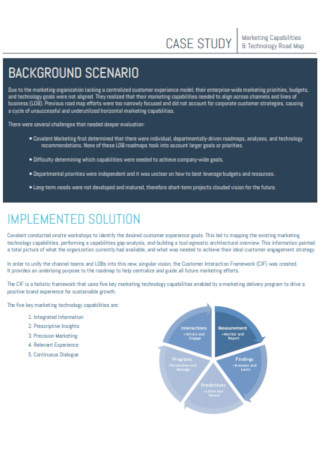
Marketing Capabilities Technology Road Map
download now -
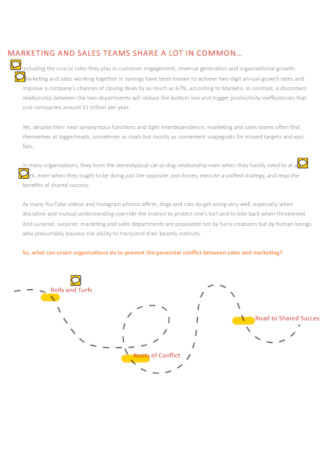
Sales Marketing Roadmap Template
download now -
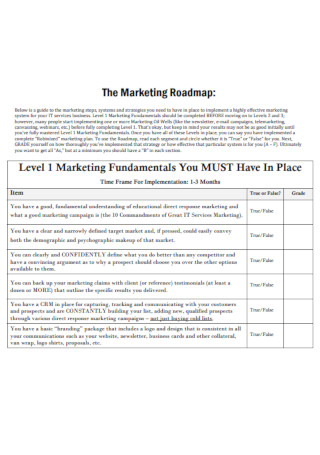
Basic Marketing Roadmap Template
download now -
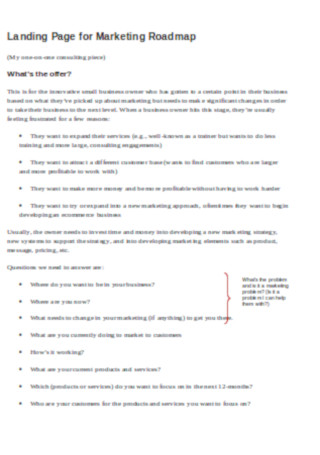
Landing Page for Marketing Roadmap
download now -
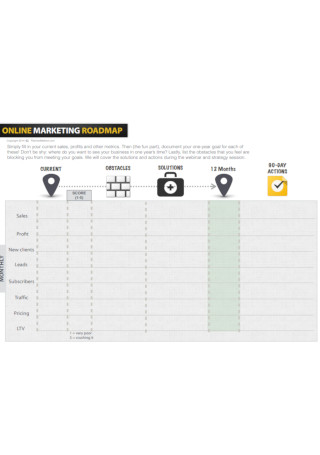
Sample Online Marketing Roadmap
download now -
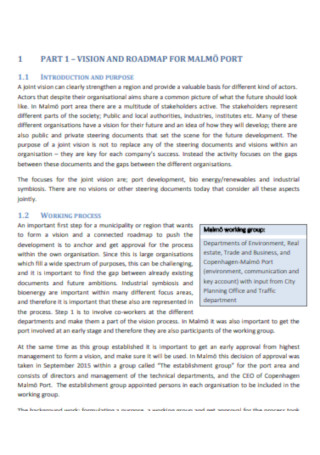
Vision and Marketing Roadmap Template
download now -
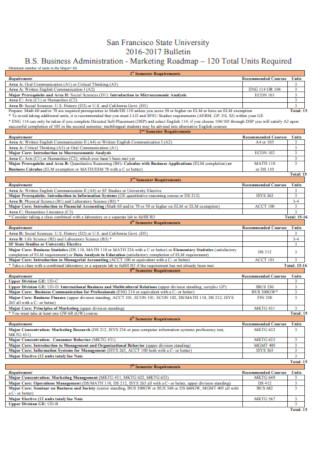
Simple Business Marketing Roadmap Template
download now -
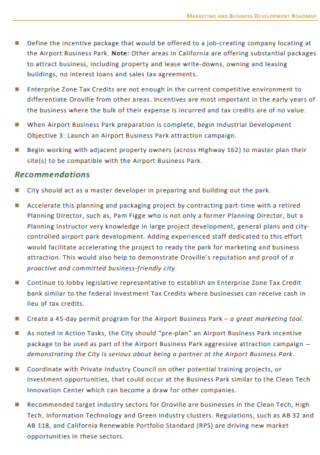
Marketing and Business Development Roadmap
download now
FREE Marketing Roadmap s to Download
50+ Sample Marketing Roadmaps
What Are Marketing Roadmaps?
What Are the Types of Marketing Roadmaps?
The Elements of an Exceptional Marketing Roadmap
How to Make a Successful Marketing Roadmap
FAQs
When should you use a marketing roadmap?
Who are the target audiences for a marketing roadmap?
What should be included in a marketing roadmap?
What Are Marketing Roadmaps?
A marketing roadmap is basically a marketing plan outline but with a visual presentation. So for your next marketing campaign or scheme, you can now come up with a workable plan and a realistic timeline. As most roadmaps are, these marketing roadmaps would have a starting date, the project milestones, and the finishing date. And its data will help reduce the hassle and let you know the preferred stages to accomplish your marketing project; your team only needs to follow the roadmap’s instructions.
Based on CoSchedule’s report, 24% of marketers felt neutral about how unsuccessful or successful their marketing activities are.
Also, Statista’s 2019 survey pointed out that the marketing data market in America totaled up to $21.23 billion.
Why Is a Marketing Roadmap Important?
Marketing roadmaps make your marketing plans happen in a graphic way for easy communication. If you used to struggle explaining technical details of marketing schemes before, then roadmaps are much easier to understand. That is sure to happen when you know your purpose very well, its target audience, and how to present content properly. With a well-made marketing roadmap, you can align your marketing scheme according to the work behind accomplishing it. And so that the marketing team won’t be misguided, the roadmap is always visible for reference or clarification.
Also, marketing roadmaps increase the success rate of your marketing strategy. Before you launch your marketing plan in actuality, tons of considerations are around from the teamwork, practicality, deadline, or budget. In fact, America had over $21.23 billion marketing data market in 2019. So you can’t simply waste money, time, and effort, especially without a thorough plan. Hence, a marketing roadmap exists since its presented stages won’t let you get lost on how to achieve the process. Take a look at roadmaps as visual stories on how the marketing tactics start and end with action plans to observe.
What Are the Types of Marketing Roadmaps?
Thanks to marketing roadmaps, all efforts spent towards marketing will pay off. However, you can’t simply use the same roadmap for all marketing efforts, especially when the concept of marketing consists of different undertones and nuances. In fact, marketing roadmaps have different types. Learn more about the types of marketing roadmaps and what each type means in this section.
Strategy Roadmap
Goal-oriented and strategy-based marketing plans fall under strategy roadmaps. The key is here to determine the right marketing techniques that would eventually meet your marketing goals. Just like most business roadmaps, strategy roadmaps define the roles of the board executives and the team, including how their roles contribute to the proposed objectives.
Portfolio Roadmap
From a digital marketing roadmap, content marketing, down to a product development roadmap, these examples are perfect for portfolio roadmaps. The portfolio roadmap is combined with various elements from how plans align to the marketing objectives, how your project continues to progress, and even how the whole marketing team moves to a similar route.
Activities Roadmap
If your marketing roadmap is more concerned with the action plan or the proposed activity list, be sure to plan it out with the activities roadmap. Cross-functional systems also work around here, like the sales and support team. Just make sure to come up with workable tasks to ensure that you can deliver the job as intended.
Custom Roadmap
A hybrid marketing roadmap can be created wherein you use various elements to your roadmap. And this is where custom roadmaps are at play. It lets you add more factors to your roadmap rather than following standard examples. An example is when you include a customer section, product progress, or brand performance. Various cases are welcome.
The Elements of an Exceptional Marketing Roadmap
There is no denying that marketing roadmaps can be personalized and curated according to what marketers or businesses decide. But, you still have to make sure that the important parts of a marketing roadmap are present. That is so you won’t have lacking data in a roadmap. And the elements that make up an excellent marketing roadmap are the following:
How to Make a Successful Marketing Roadmap
It is a common misconception that marketing is all about developing ads and promotional tools. There is more to marketing from sales, customer feedback, business processes, etc. Thanks to marketing roadmaps, you have an effective blueprint on how to make your marketing goals happen. And after a thorough discussion regarding a marketing roadmap’s meaning, importance, types, and elements, are you ready to create the roadmap itself? This section teaches you the steps on how to craft marketing roadmaps.
Step 1: Know Your Purpose and Type of Marketing Roadmap
Always work with a purpose or your marketing roadmap wouldn’t make any sense afterward. First of all, what are you marketing in the first place? Is it to market a mobile app, a website, or any product or service? Specify it. A clear statement of purpose would suffice. Also, you learned earlier that there are different marketing roadmap types. Choose the best type that fits your purpose like a glove. That way, your marketing efforts won’t go to waste later on.
Step 2: Save a Sample Marketing Roadmap Template
Who says you need to create roadmaps from scratch? Take the easy route by using a marketing roadmap example instead. As you can see, there are over 29+ marketing roadmap templates in this post. Choose a sample template and optimize it so you can make a sample marketing roadmap as your own. You can edit its content, change the format, and tweak its features anytime. Also, you can try other roadmaps like a digital marketing roadmap template, a visual product roadmap template, and so much more. Choose wisely.
Step 3: Present the Key Elements of a Marketing Roadmap
Now that you have a marketing roadmap template to work with, do not forget to insert its key elements. You already learned about the six essential elements that make up a standard marketing roadmap from the timeframe down to the status. But you can also add more examples that you think are relevant and helpful to the data presentation of your roadmap. Also, know how to organize the inserted elements rather than just making a hodge-podge of random details.
Step 4: Be Straightforward with Your Words
Something you can’t treat lightly is how you wrote your words in the marketing roadmap. Maybe your roadmap has become too wordy, like a long book report, yet some words could have been shortened and simplified. The key is to be direct with each statement and maintain the simple language. That way, whoever follows the roadmap won’t have to suffer understanding its message. Also, being straightforward doesn’t mean you just keep sentences short. It should be clear enough to understand. For example, explain what you mean by “complete” from your roadmap’s final process.
Step 5: Agree with the Board Executives and Team Members
It is an honor and a privilege to be assigned in making the marketing roadmap. But all decisions involved in the roadmap would not all come from you. Set a formal agreement between you, the board executive, and the team members. Or perhaps, set a team meeting ahead so that everyone agrees on the appropriate decisions to manage the marketing roadmap. Maybe an executive suggests an impressive idea without knowing that making that idea happen is impossible to do within the required timeframe. However, the team members are aware of that impossibility. Thus, members must speak up about the concern so that decisions can be changed.
Step 6: Refine the Format, Visuals, and Content of Your Marketing Roadmap
Of course, you can’t ignore the marketing roadmap’s overall structure, design, and presentation. You may need to refine the visuals, improve the format, and tweak the roadmap’s content for a better presentation. The point is you make the most out of the sample marketing roadmap’s customizable features. But at the same time, conduct an assessment if everything goes exactly as planned or that the changes implemented actually improved the outcome and not worse.
FAQs
When should you use a marketing roadmap?
Marketing roadmaps have various purposes. And the common examples of when you can use them are during marketing resource planning, marketing project meetings, management presentations, and strategic planning sessions.
Who are the target audiences for a marketing roadmap?
Besides specifying your marketing roadmap’s target through audience analysis, the common target audiences for these roadmaps are the customer support department, executive leader, marketing team, IT and development sector, product team, and the sales department.
What should be included in a marketing roadmap?
Besides the standard elements of a marketing roadmap explained earlier, other examples you could include in the roadmap, as long as they are relevant, are the task checklist, marketing calendar, Kanban board, and Gantt chart.
You should know by now that marketing roadmaps bring a more apparent picture of how the product or service you marketed can make your clients’ lives much better. Rest assured, every marketing planning effort won’t be wasted after developing a proper strategic plan in the form of a roadmap. Thankfully, you are guided on how to headstart the process by using the sample marketing roadmap templates in this article. Download now!
